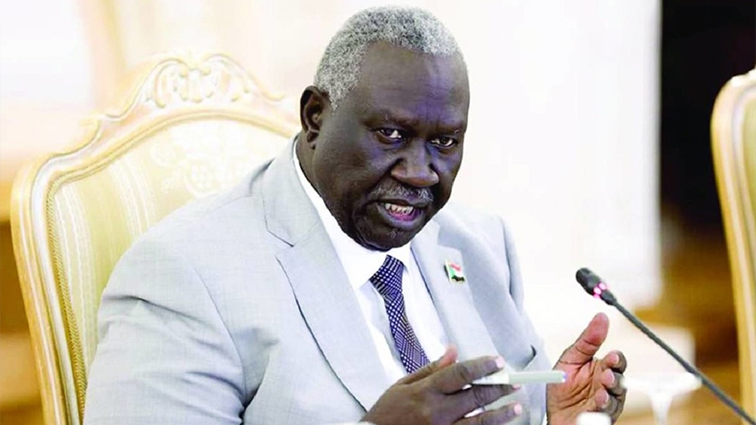Vice President of the Sudanese Sovereignty Council, Malik Agar, announced that the Sudanese government rejected Washington’s invitation to resume the Jeddah talks, stressing that the government would not accept imposing the talks without consulting it.
Washington had begun making contacts with the Sudanese parties in order to resume the Jeddah talks, which was met with objection from the Sudanese government in Port Sudan.
In this context, the head of the Sudanese Sovereignty Council, Abdel Fattah Al-Burhan, received a phone call from the US Secretary of State, Anthony Blinken, during which he addressed the need to stop hostilities in the city of El Fasher in North Darfur State and enable the arrival of humanitarian aid, according to what the Sovereignty Council media said.
In his response to the American invitation, Agar denounced, during a community event in Port Sudan, the invitation of the US Secretary of State to return to the Jeddah platform for negotiations, saying: “We will not go to Jeddah, and whoever wants that must kill us in our country and carry our remains to Jeddah.”
Agar stressed that the armed forces are the only force qualified to achieve peace and stability in the country and create the climate to address the postponed Sudanese issues.
Agar continued: “The seeds and roots of the war are Sudanese, planted on American soil, presented to the European Union, and directed by workers from the United Arab Emirates towards Sudan.”
He explained that “the world that prepared for this war does not want Sudan to have sovereignty over its lands with their various wealth.”
He stressed the need to give priority to stopping the war and achieving stability before moving towards national compromise through the Sudanese-Sudanese dialogue.
In conjunction with this, the Sudanese Ministry of Foreign Affairs welcomed Cairo’s hosting of a conference for all Sudanese civilian political forces at the end of next June, stressing the non-participation of the UAE and Sudan’s neighboring countries, which are accused of supplying the Rapid Support Forces with weapons.
Foreign Ministry spokesman, Babiker Al-Siddiq, expressed his confidence in the Egyptian government, noting that it is most keen on the security and stability of Sudan.
Al-Siddiq stressed the need for true representation of the Sudanese people affected by the war and called for emphasizing the existing legitimacy in the country and maintaining national institutions, most notably the armed forces.
He stressed the rejection of the participation of countries or organizations that did not condemn “rapid support crimes,” demanding that the role of regional and international parties in the conference be limited to the role of observer.
Egypt’s Attorney General orders investigation into leaked clips of “Al Tagamoa Butcher” case
